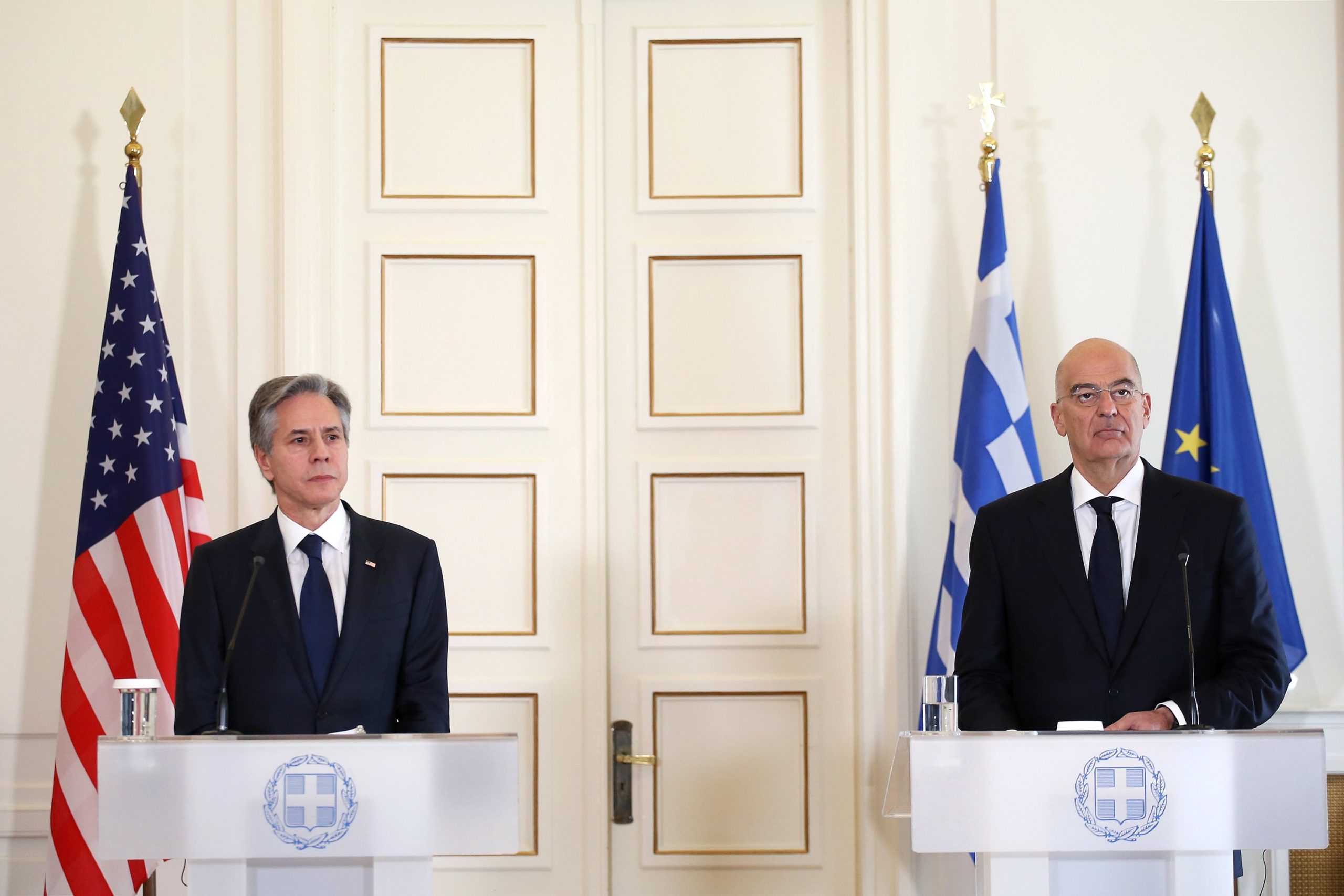Given the critical importance of the Red Sea for global energy and commodity supply chain routes, a widespread conflict could have devastating economic consequences. Yemen and Saudi Arabia border this waterway from the east and Eritrea, Sudan, and Egypt from the west. Due to the recent threat situation in the Red Sea, companies have ordered their ships to follow the more expensive and time-consuming route around Africa. The potential economic turmoil prompted the US to form an international coalition to protect merchant ships from Houthi attacks.
For some time now, the Yemeni army, following the continued attacks of the Zionist regime on Gaza and the killing of innocent Palestinian people, and on the one hand, the veto of the ceasefire resolutions by the United States in the Security Council, have targeted all ships that are crossing the Red Sea to Israel, or ships that belong to Israelis.
Ansarollah also confirms that all ships in the world will be safe, except for those identified by the Yemeni forces. They have repeatedly shown their combat readiness to deal with all possible options and hypotheses. Yemeni strategic deterrence weapons and their range are far beyond their enemies’ expectations, and it seems there is no red line for them.
In recent weeks, some large shipping companies have stopped transporting goods and oil through this strait due to Houthi attacks. The statistics of oil tanker tracking companies show that in the first 11 months of this year, 7.8 million barrels of oil and oil products passed through this strait daily, 18% more than last year. The reason for this is the increase in the purchase of Russian oil by India and China, as well as the rise in the purchase of oil by the European Union from the countries of the Middle East. Four major shipping companies, including MSC, the world’s largest container shipping line, announced they would avoid crossing the Suez Canal following Yemen’s attacks on ships.
Following these tensions, the US Secretary of State announced the creation of a multinational coalition to secure the Red Sea due to the increase in attacks on cargo ships. Operation “Guardian of Prosperity” includes the Navy of the United States, the United Kingdom, Bahrain, Canada, the Netherlands, Norway, Greece, and the Seychelles. It is said that the countries of Japan, Singapore, South Korea, New Zealand, Liberia, and the Bahamas will also participate in this coalition. These are the countries that are affected by the actions of the Houthis.
To counter such unprecedented attacks, the Secretary of Defense of the United States asked the participants to join the international initiatives led by this country and cooperate with the Central Command of the United States Navy and 39 members of the combined naval forces to restore security in the Red Sea region.
One of the participating countries in this coalition is Greece, which, according to the order of the Minister of National Defense, sent a frigate to the region to participate in protection operations as part of the international maritime operations in the Red Sea.
Greece is the country that has the largest naval fleet and considers its main interests to be maintaining the freedom of sea lanes and protecting the lives of sailors. The Maritime Administration of the Greek Coast Guard has issued recommendations to ships sailing under the Greek flag and asked them to refrain from entering Yemeni waters. In line with the closeness of its conservative leaders, who have been in power since 2019, this country has shown an unprecedented alignment with the US in various political and military fields, facing the reaction of public opinion and political parties. The US considers Greece an old NATO ally and a partner in the European Union to promote stability and economic growth and support the realization of European ideals in the Western Balkans region.
As in the past, the Communist Party of Greece announced its opposition to sending the frigate to the Black Sea and considered it as a more profound intervention of this country in the imperialist plans to support the criminal policy of the Israeli government. From the point of view of this party, “the sending of the frigate mentioned above and the participation of Greek ships in other ongoing missions in the Eastern Mediterranean and other points within the framework of NATO demonstrate the real purpose of providing warships and other weapons programs that Greek people pay for them. Greek ships and other military units of the country should not participate in missions that have nothing to do with the defense of the country and the protection of its borders. This party has repeatedly condemned the country’s defense policy and Athens’ association with NATO and demanded that the country not participate in defense alliances with the United States. This party, which accompanied the defenseless people of Gaza during the Gaza crisis, demands the cessation of any economic, political, and military cooperation with Israel’s crimes and the recognition of an independent Palestinian state in the Greek Parliament.
The “Left Coalition” party, in response to the government’s decision to send a frigate to the Red Sea and participate in the “Guardian of Prosperity” operation, speaks of the danger to the Greek armed forces and emphasizes that this operation is not within the framework of the initiative of the international organization that Greece is participating in it.
Notably, some US allies have also distanced themselves from this American alliance. Spain vetoed the European Union’s participation in the multinational maritime coalition in the Red Sea led by the United States, which was formed with the claim of guaranteeing freedom of navigation and protection of ships in the Red Sea. Madrid vetoed this decision at the meeting of the working group of European Union advisers on international affairs. France and Italy also officially canceled their participation in the US-led naval coalition in the Red Sea. Australia had previously rejected the US request to send a warship to the Red Sea to join the maritime alliance.










0 Comments